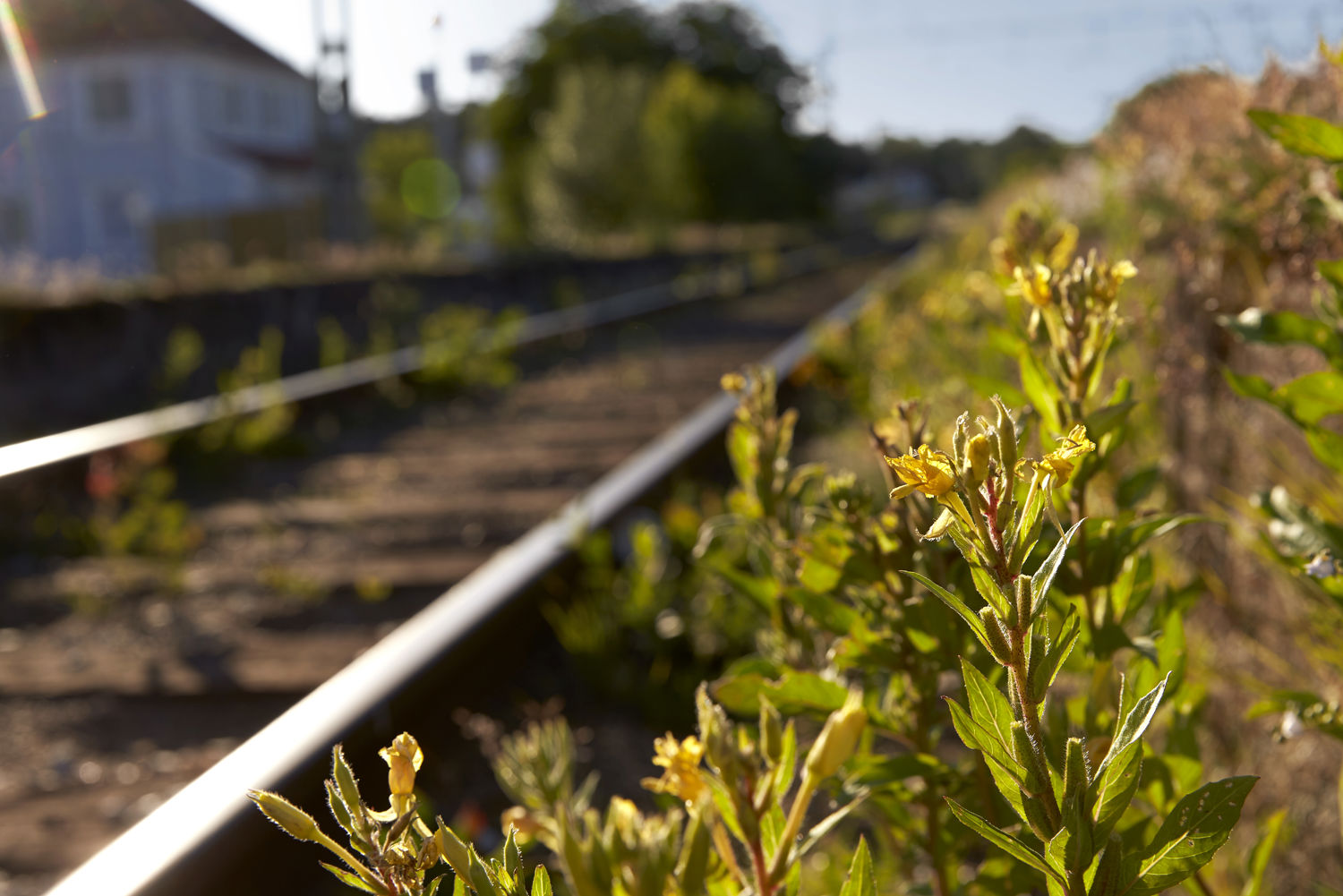
How we work for sustainable public transport

Conscious procurements
When we procure new traffic, we impose far-reaching environmental requirements, such as driving traffic with climate-smart fuels, energy-efficient vehicles and limiting noise and emissions. We work with and support the transport companies so that we can carry out the environmental work together with them.

Electrification
By 2030, all city bus services within Västtrafik will be electrified. We have already come a long way in the transition and are leading the way in the development of electrified traffic.

Systematic environmental work
Västtrafik will be certified according to the environmental management system ISO 14001:2015 during the year 2025. The environmental management system covers all of Västtrafik's operations, from office activities to the procurement of transport services. Västtrafik systematically monitors legal requirements to ensure compliance with applicable environmental legislation. Through stakeholder dialogues and customer surveys, we work to meet stakeholder expectations. We engage in systematic and strategic environmental efforts on a daily basis.
Environmental objective for public transport
- The market share of public transport should be restored to at least 33% by 2025.
- Emissions of climate-impacting gases from public transport should be reduced by 90% per passenger kilometer by 2035 compared to 2006.
- Emissions of nitrogen oxides and exhaust particles from public transport should be reduced by at least 80% per passenger kilometer by 2035 compared to 2006.
- Energy consumption in public transport should be reduced by 30% per passenger kilometer by 2030 compared to 2006.
- 100% fossil-free travel in demand-responsive transport by 2030.

How public transport is governed
The Västra Götaland Region's public transport supply program sets the direction for public transport in the region, with the region's environmental and climate strategy as an integral part.